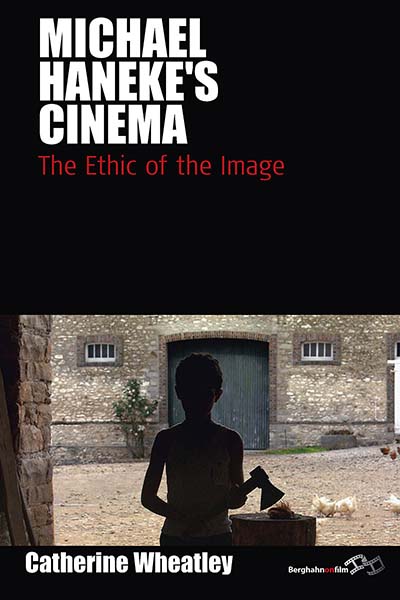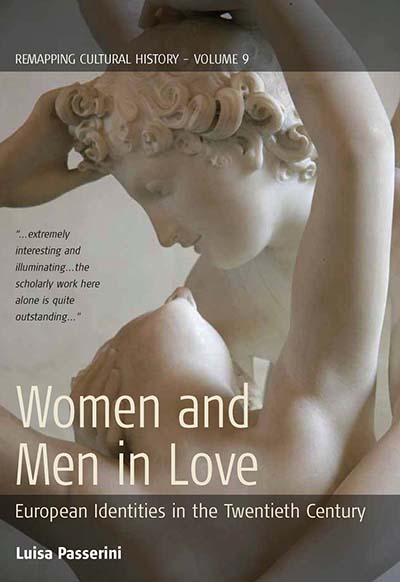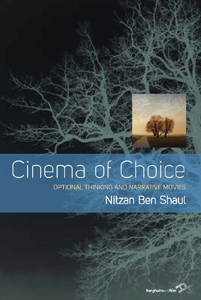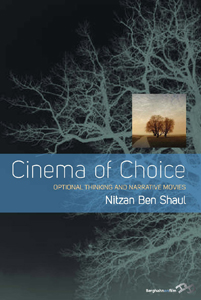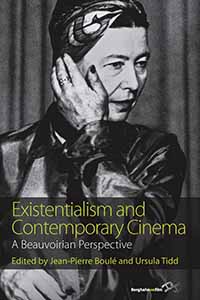
What inspired the project?
Ursula Tidd: As far as I was concerned, I was keen to show the immense relevance of Beauvoir’s thought to film studies and hence, to take her work more deeply into the area of film studies. I have noticed that Beauvoir’s work is often implied in discussions in film studies about ‘the male gaze’ and on the topic of gender relations more broadly, but not always made explicit in what it contributes to the debates.
Jean-Pierre Boulé: A desire to use The Second Sex to show that Beauvoir still has a lot to say about human relationships.
How did you hope it might influence the field?
J-PB: For people to go back to or discover Beauvoir and realise that she has a place in film studies.
UT: I hope that this volume will inspire more people to look at film through Beauvoirean eyes, so to speak! And to engage more closely with her phenomenologically-based philosophy on gender and ageing.
Which aspect of co-editing did you find most difficult?
J-PB: Not difficult as such, but bearing in mind a student readership, making the volume accessible to them. And choosing the front cover photograph.
UT: Yes, it’s important to keep in mind the future readership of a volume like this – although one can’t please everyone…
Would the films discussed be the kind of films Simone de Beauvoir would be interested in?
UT: For sure! Beauvoir was highly eclectic in her cultural interests and an avid film-goer, at least for most of her life. She enjoyed art house as well as Hollywood cinema so I think that all the films discussed would have engaged her.
J-PB: Absolutely! I like to think she would have liked the various genres under study, as she herself wrote in a variety of genres. I think she would have loved Revolutionary Road, set in 1955, with its story of oppression and liberation.
______________________________
Jean-Pierre Boulé is Professor of Contemporary French Studies at Nottingham Trent University.
Ursula Tidd is Senior Lecturer in French Studies at the University of Manchester.
Existentialism and Contemporary Cinema: A Beauvoirian Perspective was published by Berghahn Books in September 2012. A companion volume, Existentialism and Contemporary Cinema: A Sartrean Perspective, edited by Jean-Pierre Boulé and Enda McCaffrey, is also available from Berghahn Books.
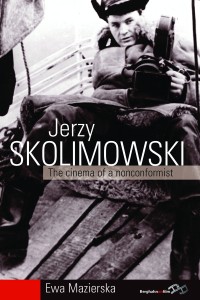 Newly released paperbacks from Berghahn:
Newly released paperbacks from Berghahn:
